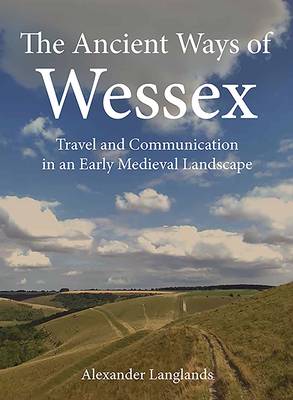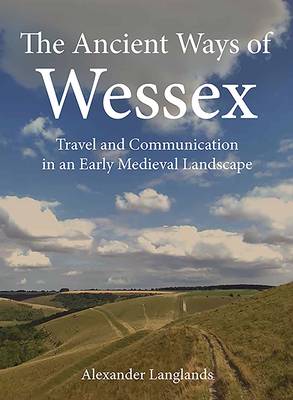
Bedankt voor het vertrouwen het afgelopen jaar! Om jou te bedanken bieden we GRATIS verzending (in België) aan op alles gedurende de hele maand januari.
- Afhalen na 1 uur in een winkel met voorraad
- In januari gratis thuislevering in België
- Ruim aanbod met 7 miljoen producten
Bedankt voor het vertrouwen het afgelopen jaar! Om jou te bedanken bieden we GRATIS verzending (in België) aan op alles gedurende de hele maand januari.
- Afhalen na 1 uur in een winkel met voorraad
- In januari gratis thuislevering in België
- Ruim aanbod met 7 miljoen producten
Zoeken
The Ancient Ways of Wessex
Travel and Communication in an Early Medieval Landscape
Alexander Langlands
Paperback
€ 58,95
+ 117 punten
Omschrijving
Highly accessible account of the everyday workings of the early medieval landscape of Wessex.
Specificaties
Betrokkenen
- Auteur(s):
- Uitgeverij:
Inhoud
- Aantal bladzijden:
- 256
Eigenschappen
- Productcode (EAN):
- 9781911188513
- Verschijningsdatum:
- 15/09/2019
- Uitvoering:
- Paperback
- Afmetingen:
- 187 mm x 246 mm
- Gewicht:
- 710 g

Alleen bij Standaard Boekhandel
+ 117 punten op je klantenkaart van Standaard Boekhandel
Beoordelingen
We publiceren alleen reviews die voldoen aan de voorwaarden voor reviews. Bekijk onze voorwaarden voor reviews.









